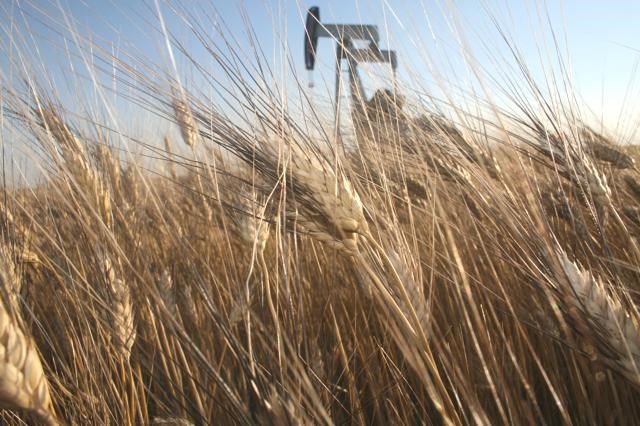By Calvin Daniels, Yorkton This Week
It is beginning to feel like 2018 may be the year of unending winter. There is some hope in the forecast that on the Canadian Prairies at least we are inching closer to normal temperatures.
Of course normal in terms of temperature is basically an approximation which happens more years than not, so discounting extremes you sit somewhere in the middle of things. A meteorologist might have a different explanation, but in general terms normal temperatures are more guideline than expected occurrence. But even when you factor that into things, this winter is hanging on rather more tenaciously than usual.
According to Saskatoon-based Saskatchewan Research Council climate researcher Virginia Wittrock, March was cold, something which anecdotally most of us are nodding in agreement with.
In a www.producer.com story, Wittrock noted March had 20 days with average daily temperatures below the 30-year norm, based on data recorded between 1981 and 2010. The first two weeks of April weren’t much better as he also pointed out that 12 of the first 13 days in April had daily average temperatures also below the 1981-2010 average.
The cold weather is not localized to the Canadian Prairies either. Opening day at Wrigley Field in Chicago was postponed for the Cubs because of snow. A picture of the famous baseball stadium covered in snow circulated widely on social media. If you follow the Toronto Blue Jays, then you have seen a number of players masked with balaclavas to fend off the cold during games this spring. There have been 20 postponed baseball games this season already, while last season there was only 26 the whole year.
Ontario was also hit by a major storm. A powerful Colorado low continues to deliver strong winds, ice pellets, freezing rain and heavy rain across southern Ontario, leaving tens of thousands without power, reported www.theweathernetwork.com.
“Nearly 47,000 Hydro One customers were without power. Meanwhile, more than 700 crashes in the Greater Toronto Area have been reported since the storm began,” according to Ontario Provincial Police Sgt. Kerry Schmidt.
The naysayers will be suggesting the continued cold is showing global warming is a myth, but it more accurately supports that we are undergoing climate change more dramatic than any long term cycles would suggest as normal.
The immediate effect for agriculture on the Prairies will be to delay seeding - how long depending on what weather we experience over the next month. Farmers are going to have a smaller prime window to seed, and if the weather does not improve quickly it will force changes in crop choices, with moves to shorter season crops a must. But along with seeding delays, there are a number of other activities affected.
The Fort Qu’Appelle Fish Culture Station for example is keeping fish alive in tanks longer than normal because ice cover on lakes has delayed stocking. Then you have the golf courses likely to experience a shorter play season simply because greens are going to have a late start in terms of being in play condition.
It all again reinforces how much of what we do relies on weather over which we have no control.



